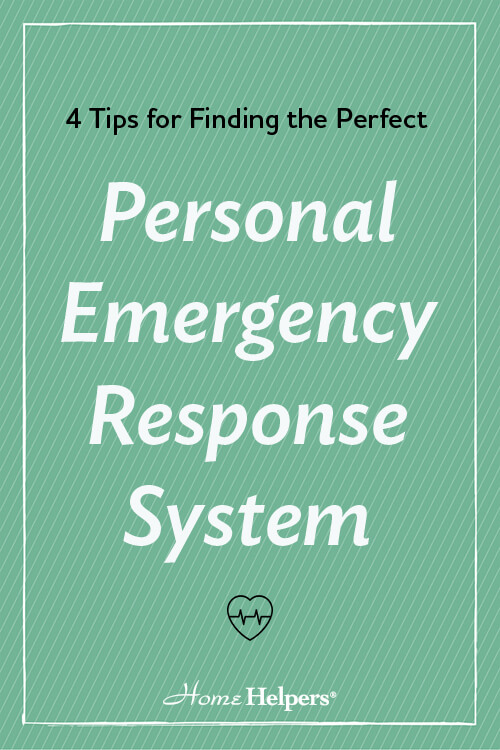Personal Emergency Response Systems Can Ease Your Worries
 Author:
Emma Dickison
Author:
Emma Dickison
The first priority of most older Americans is to preserve as much of their independence as they can for as long as they can.
For us as caregivers, that means being present enough to offer support without interfering.
This can be challenging for some families, as we can’t always be there to know about or lend aid in the event of an accident. Our sincere desire to protect our loved ones sometimes conflicts with their desire for independence. Falls and other accidents can happen at any age, of course, but in addition to seniors’ being more vulnerable to such incidents, the immediate and long-term consequences can be much more serious for them.
Turn on any daytime television program and you’ll see ads for personal emergency response systems (PERS). These devices can be literal lifesavers — we offer our own line of Direct Link devices at Caring Hearts — but simply presenting Mom or Dad with a new gadget is rarely effective. No system is useful unless our senior actually uses it, and something that interferes with his or her day-to-day life may just end up on a shelf next to that scented candle your cousin sent for the holidays.
4 Tips for Finding a Perfect Personal Emergency Response System
Some things to keep in mind if you’re thinking about a monitoring system:
1) Talk before you shop.
As with any decision involving the care of your loved one, it’s ultimately theirs to make. Have a conversation first about what their perception is of the current need. Be honest about your own worries and the peace of mind that you and the rest of the family would gain from knowing either that the service isn’t needed or that it’s there and being used properly.
2) Shop together.
Just as only your loved one can make the decision to use a monitoring system, only he or she knows which features or services will actually be used and which will simply annoy. The comfort of worn devices and the weight or appearance of neck pendants can strongly influence personal preferences. If the technology isn’t used consistently, it won’t have the desired benefit for either of you.
3) Ask the right questions.
Know what you’re getting for your initial investment as well as for your monthly fees.
- Is the system monitored 24 hours a day?
- Is the monitoring staff trained to work with seniors?
- Is the equipment flexible?
- Is it water resistant?
- Will it withstand long-term use?
- Are there options for levels of services and price packages?
- Are there accessory alert technologies like medication dispensers that can be added?
Make sure you receive a written statement of the plan features and costs so you can compare.
4) Talk to experts.
Your local Caring Hearts office can make recommendations about the technologies that will give your family the most value. We work with several systems and offer our own at DirectLink911.com. For general questions, visit www.homehelpershomecare.com/locations to find a location near you.
We’re in it together.

Making Life Easier® Your loved one is in the best hands with our team.
Schedule Free Assessment
Schedule Free Assessment